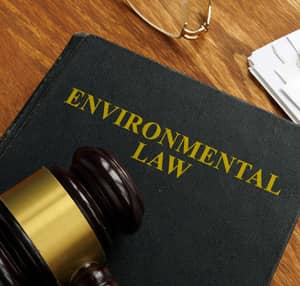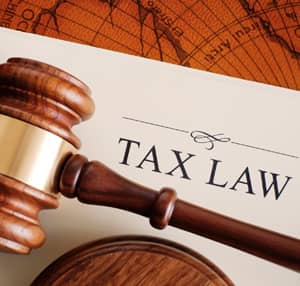LATEST ARTICLES
Post-Nuptial Agreements
February 10, 2025What Are They? How Do They Differ from Pre-Nuptial Agreements? What Are the Benefits and Drawbacks of a Post-Nup? Many ...
Grand Jury Indictment
February 9, 2025What Is a Grand Jury Indictment and How Does It Work? Often, when a particular legal matter is getting a lot of press, ...
What Is an Easement?
February 9, 2025How Does It Affect Your Property Rights? What Are the Different Types of Easements? How Do You Get an Easement? When yo...
The 8th Amendment Ban on Cruel and Unusual Punishment
January 28, 2025How Have Courts Interpreted This? What Are the Legal Limits? Under the 8th amendment to the U.S. Constitution, ratified...





















